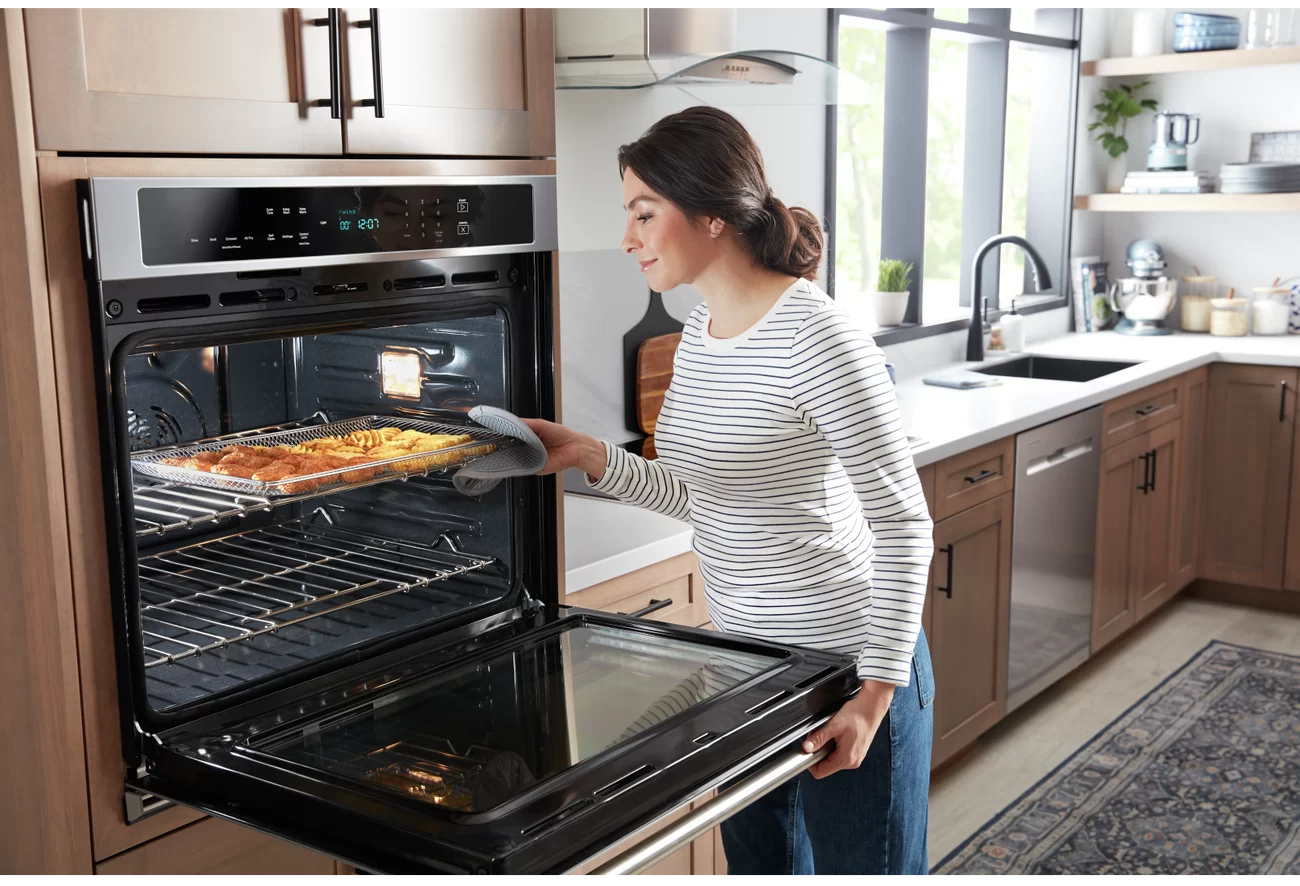At Kitchenaid Appliance Repair Professionals, we understand the frustration that comes with a malfunctioning appliance, especially when you’re preparing for a festive occasion like St. Patrick’s Day. Fear not, for we’re here to help you turn your luck around with our comprehensive guide to DIY KitchenAid oven repairs. Say goodbye to the hassle of waiting for a technician and hello to the satisfaction of fixing it yourself.
Assessing the Issue: Identifying Common KitchenAid Oven Problems
Before diving into repairs, it’s crucial to diagnose the issue accurately. Kitchenaid Appliance Repair Professionals has compiled a list of common problems that KitchenAid oven owners encounter:
Temperature Inaccuracy
One of the most prevalent issues with KitchenAid ovens is temperature inconsistency. If your oven is heating unevenly or not reaching the desired temperature, it could be due to a faulty thermostat or heating element.
Igniter Malfunction
If your oven isn’t igniting properly or fails to heat up, a malfunctioning igniter might be the culprit. This component is responsible for initiating the heating process, and a damaged igniter can disrupt the entire operation of the oven.
Door Seal Damage
A worn-out or damaged door seal can lead to heat loss and inefficient cooking. Check for any signs of wear and tear along the door gasket and replace it if necessary to ensure optimal heat retention.
DIY Repairs: Step-by-Step Guide to Fixing Your KitchenAid Oven
Now that you’ve identified the problem, it’s time to roll up your sleeves and get to work. Follow these Kitchenaid Appliance Repair Professionals-approved steps to tackle common KitchenAid oven issues:
Temperature Calibration
Start by calibrating your oven’s temperature to ensure accuracy. Refer to your user manual for specific instructions on adjusting the thermostat settings. If your oven lacks this feature, consider investing in an external oven thermometer for precise temperature monitoring.
Igniter Replacement
If your oven fails to ignite, carefully remove the old igniter following the manufacturer’s instructions. Install the new igniter in its place, ensuring a secure fit. Test the oven to verify that it’s heating up properly before proceeding.
Door Seal Replacement
To replace the door seal, first, remove the old gasket by gently pulling it away from the door frame. Clean the area thoroughly to remove any residue or debris. Then, align the new door seal along the edges of the door and press firmly to secure it in place. Test the door to ensure a tight seal that prevents heat from escaping.
Safety First: Precautions for DIY Oven Repairs
While DIY repairs can be rewarding, it’s essential to prioritize safety throughout the process. Kitchenaid Appliance Repair Professionals recommends the following precautions:
- Always unplug the oven or turn off the power supply before attempting any repairs.
- Use protective gear, such as gloves and safety glasses, to prevent injuries.
- Consult the user manual for your specific oven model and follow all instructions carefully.
- If you encounter any difficulties or feel unsure about a repair task, don’t hesitate to seek professional assistance.
Celebrate St. Patrick’s Day with a Fully Functional KitchenAid Oven
Don’t let a malfunctioning oven dampen your St. Patrick’s Day festivities. With the guidance of Kitchenaid Appliance Repair Professionals‘s DIY repair tips, you can restore your KitchenAid oven to its former glory and enjoy hassle-free cooking. Embrace the spirit of empowerment and take control of your appliance repairs today!
FAQs
Q: How do I know if my KitchenAid oven needs repairs?
- A: Look out for signs like uneven heating, failure to ignite, or damaged door seals.
Q: Can I attempt DIY repairs on my KitchenAid oven?
- A: Yes, many common issues can be resolved with basic tools and careful instruction.
Q: Is it safe to replace the oven’s igniter myself?
- A: With proper precautions and following safety guidelines, it can be done safely.
Q: Where can I find replacement parts for my KitchenAid oven?
- A: Replacement parts can often be found through authorized dealers or online retailers.
Q: What should I do if I encounter difficulties during repairs?
- A: If you’re unsure or encounter complications, it’s best to seek professional assistance to avoid further damage.
Ready to tackle your KitchenAid oven repairs with confidence? Contact KitchenAid Appliance Repair Professionals today, and let us help you bring your oven back to life! For more expert tips and insights, check out our previous blog post, “Empowering Women: KitchenAid Oven Repair Tips“.

